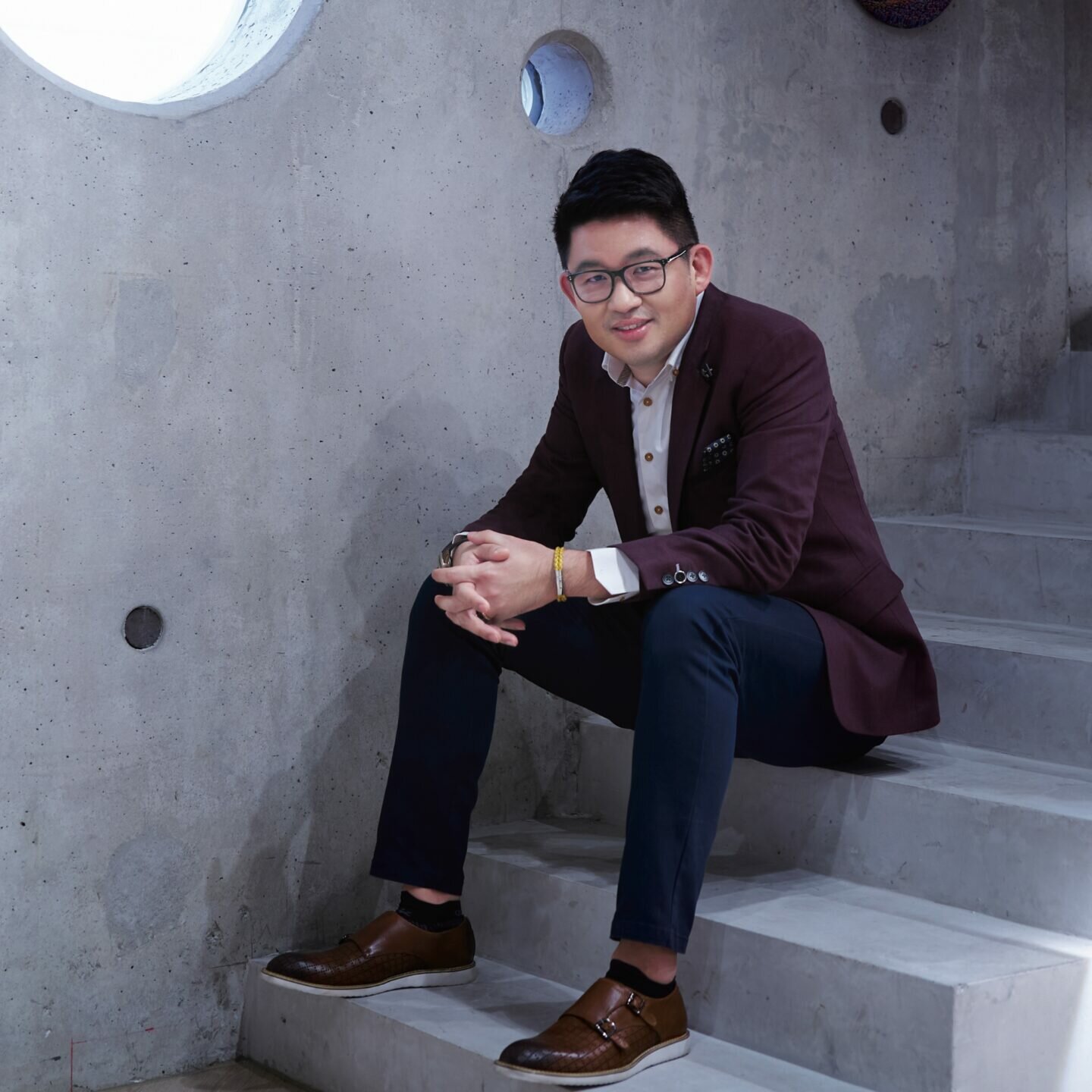Purpose and positivity — these double Ps encapsulate Wilson Teo’s take on his work at the Textile and Fashion Federation (TaFF) Singapore. It encompasses “expanding Singapore’s fashion and textile businesses internationally, as well as creating a holistic design community locally”. The executive director of Teo Holdings — he was appointed TaFF president last July — draws strength from knowing that what he does “can make a difference”.
How does digitisation contribute to Singapore’s endeavour to position itself as a fashion hub in Southeast Asia? What role do you see TaFF playing in this?
Adopting technology and innovation early on helps build a fashion industry that’s resilient, relevant and agile. It can optimise supply chain management, which contributes to minimising our ecological footprint and prevents disruption of goods and services. And Singapore is well-positioned for this goal — we ranked first in the world for logistics competence and timeliness of service, and second in Asia on the World Bank’s Logistics Performance Index 2018.
Technology has been one of the key focuses of TaFF, which seeks to become the industry’s moderator and thought leader. Through various programmes, we want to enable our members to embark on the route to digital transformation. Come Q2 of 2021, we will make available tools such as digital patterning and prototyping at The Cocoon Space, our co-working space for creatives and design professionals. Other initiatives we have rolled out include The Bridge Fashion Incubator, our flagship scheme that connects homegrown start-ups from across fashion, beauty and technology with industry leaders, sector specialists and other entrepreneurs. Over 16 weeks, they are guided on ways to refine their products and services and strategies.
Has Covid-19 made it easier or tougher for local designers to innovate?
Covid-19 has made it easier to innovate. The surge of technological changes and trends it’s brought about have changed how we live, work and learn. Many innovations and impressive collaborations have resulted from this, like contact tracing and digital teleworking. The
challenge, then, is the pressing need for guidance on which approaches to prioritise and which opportunities to grasp.
What other challenges will 2021 bring to the local fashion industry?
Technology has brought about massive changes in the industry. Businesses must now keep up with changes in their customers’ demand. The latter are no longer content with just buying a
product; they are searching for a brand with a purpose or story, or values that resonate with them. Digitisation has empowered customers to interact, influence and change the perception of a brand. Finally, companies also must adapt to new business models such as rental or subscription as Covid-19 has led many to re-evaluate their lifestyles and values, hence their wardrobes. This brings me to the point that smaller or nimbler businesses can take the opportunity to find fresh ways to capture consumer interest.
You are executive director at Teo Holdings, which includes an apparel manufacturing business. How has this helped add value to your work at TaFF?
Being involved in the textile and apparel value chain in a globalised setting means I get to witness and appreciate industry needs and challenges. I hope to share these insights and, together with our councillors, strategise the directions and focus for TaFF, and work towards uplifting the industry and the community.

